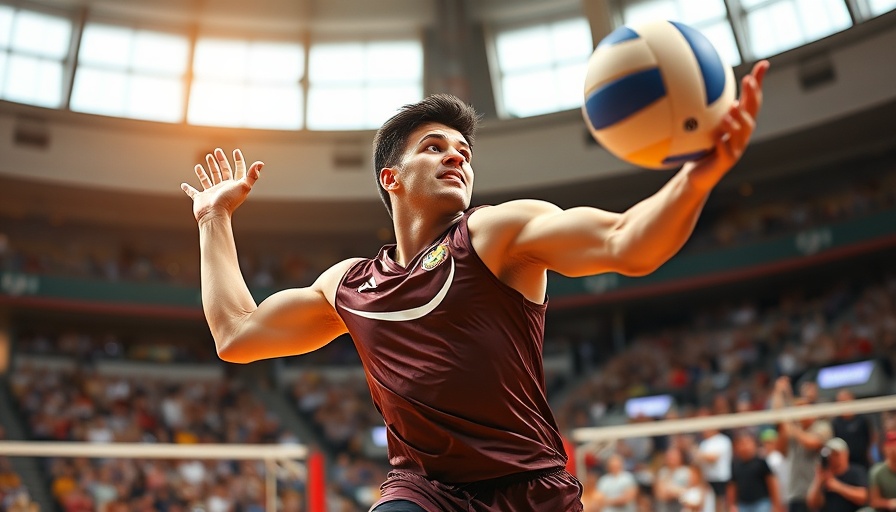
Understanding the Common Struggles of Pickleball Players
As many newcomers to pickleball discover, the sport is easily approachable. Grab a paddle, learn some basic rules, and you’re off. However, it's important to remember that mastering the game involves far more than just the basics. Many players, particularly those over 50 who are stepping into this energetic sport, often face difficulty applying what they’ve learned during lessons when in-game situations arise.
The Myth of Instant Mastery
The accessibility of pickleball fosters an illusion of immediate expertise. Many players come into lessons excited to quickly adopt a new shot or strategy, expecting immediate results. Yet, the reality is that sticking to fundamentals and higher-level skills take practice and repetition to reinforce learning. This impatience can lead to frustration when techniques fail during actual games.
The Practice Gap: From Learning to Application
One critical challenge lies in translating skills from controlled environments, like coaching sessions, to unpredictable dynamic games. When facing fast-paced opponents, even a learned technique can falter if it hasn’t yet been solidified through ample practice. Recognizing that consistent repetition is key in bridging the learning gap is vital for progress.
Adapting to Learning Styles for Success
It's equally important to understand individual learning styles. For seniors and those new to pickleball, identifying whether they are visual, auditory, or kinesthetic learners can vastly improve their training experience. Tailoring lessons to meet these needs will facilitate better retention and skill application in games.
The Power of Drilling and Repetition
Drills are often deemed tedious, yet they are essential for skill development. Like strength training for athletes, these focused sessions help players isolate and internalize mechanics. The difference between merely knowing a technique and confidently executing it during games lies in commitment to practice. Players dedicated to regular drilling are most likely to see rapid improvement on the court.
In conclusion, understanding the process of learning in pickleball not only alleviates the stress of immediate performance expectations but also helps players invest time into their training. For anyone involved in pickleball, especially those over 50 participating in communities across Southern California, it’s never too late to embrace the journey of mastering this fun and socially engaging sport.
 Add Row
Add Row  Add
Add 




Write A Comment